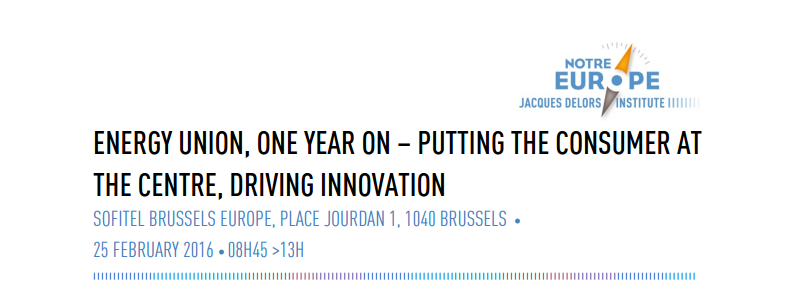Brexit & Tax

This seminar-workshop will describe how Structural Funds might be used alongside the EFSI instrument, the European Fund for Strategic Investment (a part of the so-called “Juncker Plan”). EFSI, working with regular EIB loans, exists to lever private funding into projects with a higher degree of risk. Should you be using it with Structural and Cohesion Funds?
ESI Funds (particularly Structural and Cohesion Funds) are playing a key role in co-funding large projects – vital infrastructure, productive investment in companies. EFSI is a relatively new instrument designed to complement the role of ESIF. EFSI has been so successful that it has been extended and prolonged as EFSI 2. This course will explain how best to draw from both ESIF and EFSI.
A senior EIB official will describe how EFSI works and how the funding can be accessed – how it is structured and managed, and in what circumstances can it be used. Examples from around the EU will be presented. The European Commission will detail how ESI Funds may be combined with EFSI. We will also examine how ESI Funds are used in the implementation of major projects, whether for infrastructure or for investments in companies. The specific rules for major projects and other large projects will be outlined and there will be a detailed description of the standard tests required in order to proceed with major projects.
How will it help you?
Participants will leave with a clear picture of when and where EFSI might be used, how to access the funding, and how to plan it alongside ESI Funds. They will understand the procedures in place for both instruments.
Participants will also understand how to proceed with securing EU co-finance for major projects and be familiar with the required appraisal steps, including the financial analysis, the economic analysis and the risk and sensitivity analyses. Workshops and exercises will used in order to help fix ideas and technical procedures. There will be ample opportunity for an exchange of experiences from different Member States. It will draw together experience of a range of sectors and of the European institutions.
Who will benefit most?
The workshop will be of particular interest to those considering or planning to use ESI Funds in conjunction with EFSI, in order to implement major projects or other large projects. These include policy makers, public officials from Managing Authorities and other departments, private sector service providers, funders and professional advisers in EU Member States, candidate countries and beyond. It should also be of interest to academics and to officials in European organisations.
The Great Recession and the European debt crisis have reignited the debate about deeper fiscal integration in the Eurozone. Supporters of further integration argue that fiscal risk sharing is necessary to increase the resilience of the European economy against macroeconomic shocks.
Join us to discuss financial literacy as a key transversal, supporting long-term outcomes like entrepreneurship and employability!
Europe's commitment to a single capital market dates back nearly 60 years.

“Education and training 2020 - giving today's young people the workplace skills they will need”

Building namely on a policy proposal made by the Jacques Delors Institute, the European Commission tabled its ‘Energy Union Strategy’ on February 25th 2015.

The American Chamber of Commerce to the European Union (AmCham EU)
is pleased to invite you to the launch of a new study
“SMEs’ access to Finance: A new “Financing Mix” to be set up within the EU
The Case for Investing in Europe
on Wednesday 24 June 2015 from 14:00 to 18:30